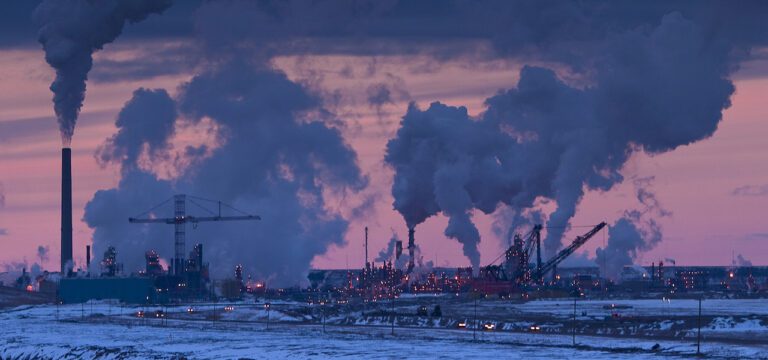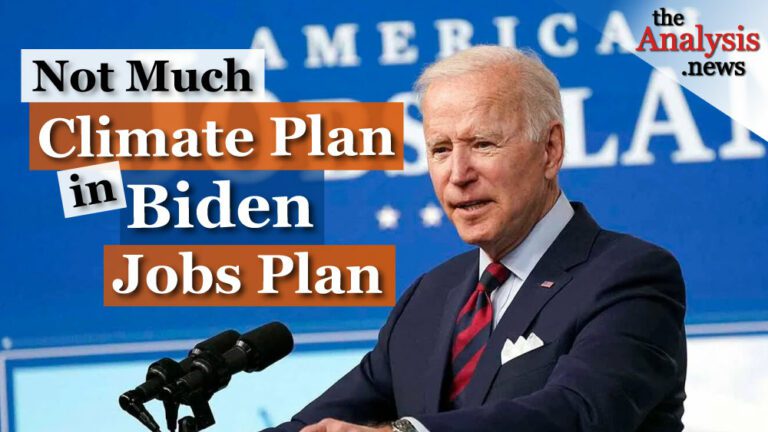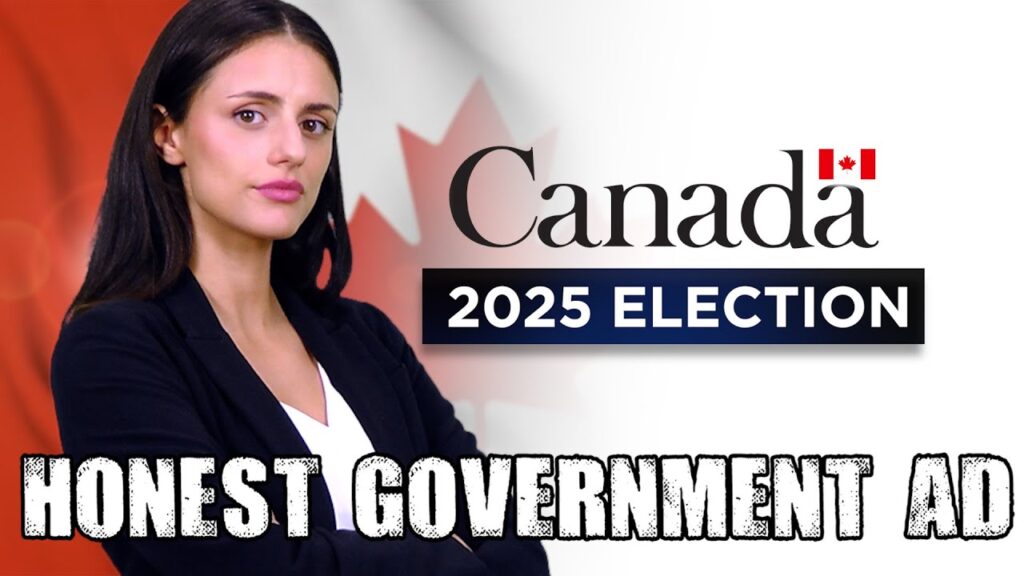Similar Posts

After the Fires – Satire from Juice Media
This arrow to the heart of climate deniers, was produced earlier this year by Australia’s Juice Media.

Massive Protests in Panama Against Canadian Mining Company
Protesters have practically shut down Panama for over two weeks now in an effort to keep the Canadian mining company First Quantum Minerals from operating Central America’s largest open-pit copper mine. Michael Fox tells the story and analyses its implications.

Answering Counter Climate Claims – Alan Robock RAI (3/5)
Mr. Robock takes on many of the arguments against the thesis that CO2 produced by industrial society is the main contributor to global warming. This is an episode of Reality Asserts Itself, produced May 4, 2014.

Juice Podcast with Noam Chomsky
Giordano of Juice Media asks world-renowned intellectual, activist, and political dissident Noam Chomsky about the unfolding train wreck of the 2020 US election, the state of humanity, the breakdown of democracy, the rise of conspiracy theories, the prosecution of Julian Assange, the role of satire – and what helps to keep him going amidst all this.

Honest Government Ad | Canada
The Canadian Government has made a new tourism ad, and it’s surprisingly honest and informative! This video was originally published by The Juice Media on September 5, 2023.

Not Much Climate Plan in Biden Jobs Plan – Robert Pollin
The Biden “Jobs Plan” contains some good infrastructure proposals, but most of the spending will not reduce carbon emissions. Only two million buildings are targeted for retrofitting and there are no serious regulations to force investment into sustainable energy. Robert Pollin joins Paul Jay on theAnalysis.news












